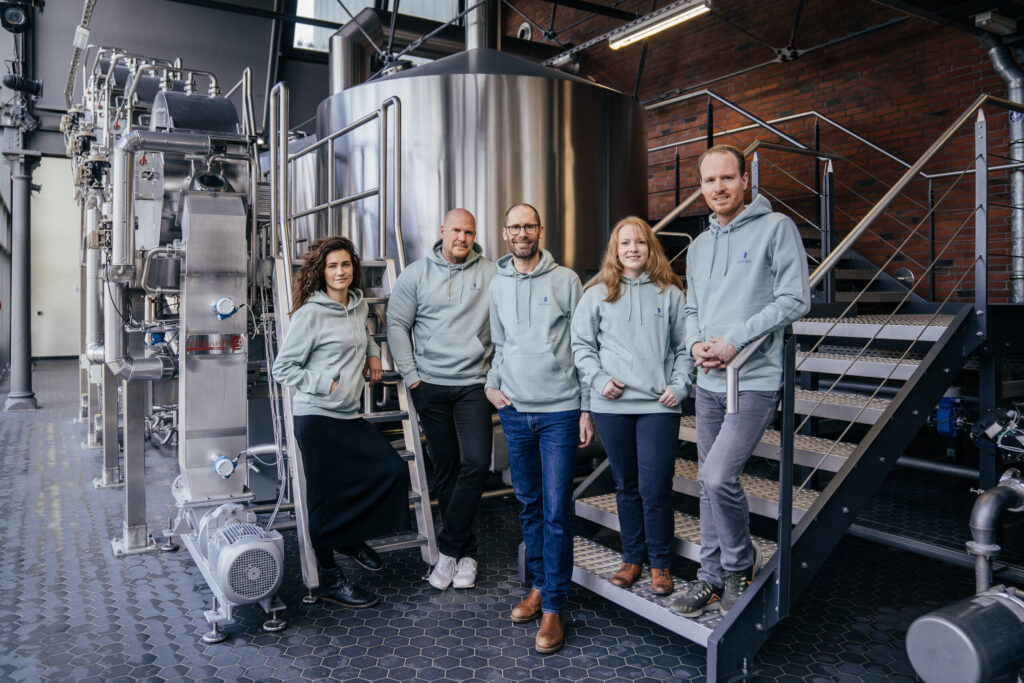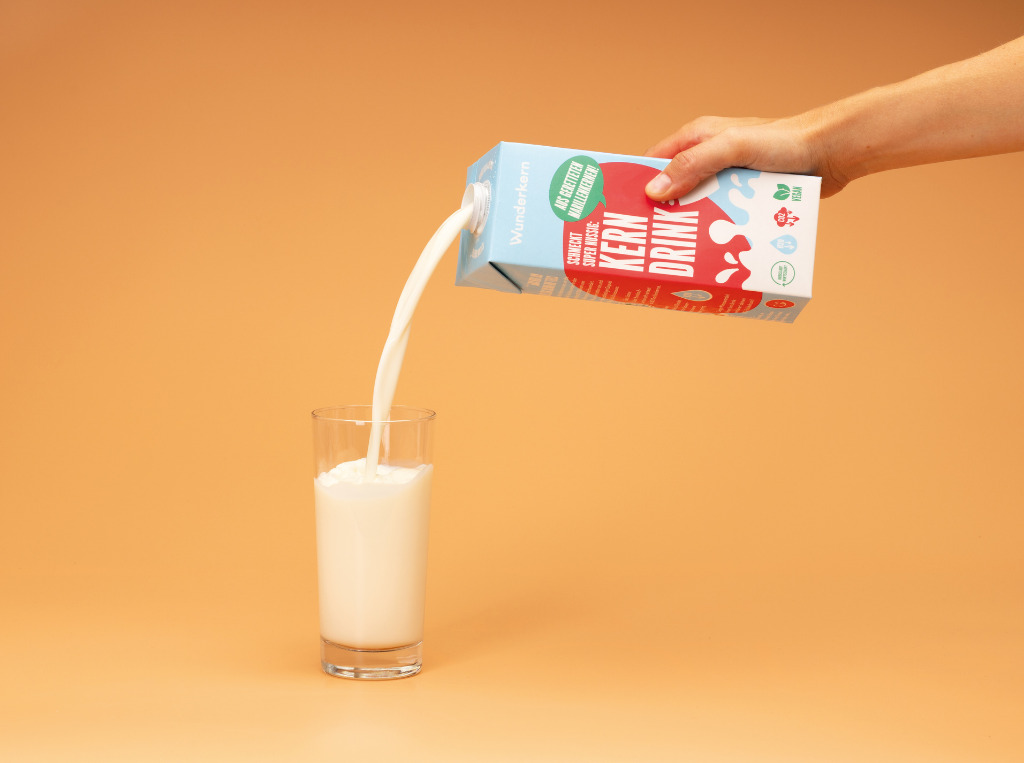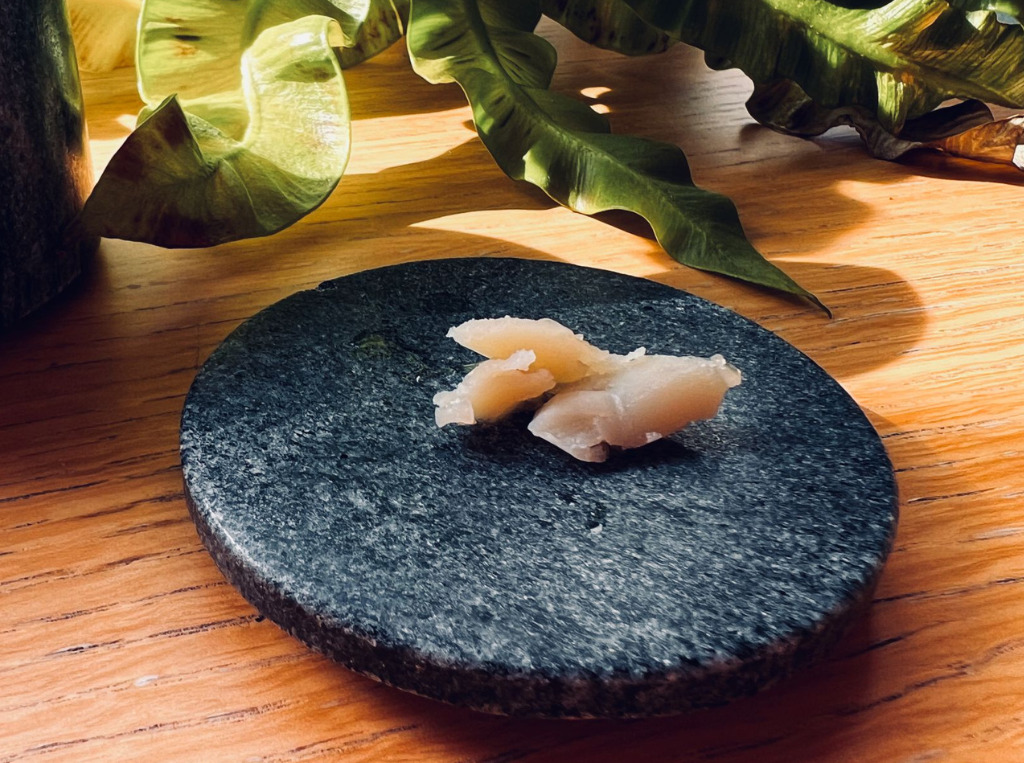4 Mins Read
Berlin-based biotech startup Zayt Bioscience is using precision fermentation to upcycle fruit waste into planet-friendly fats and oils. The company has just emerged from stealth and aims to begin fulfilling orders for its Zayt Butter by the end of 2024 thanks to a partnership with fellow Germans Kynda.
Zayt is a new startup founded by Amr Aswad and Venkat Konasani, which taps into precision fermentation technology to valorise food industry sidestreams and make alternatives to climate-harming fats. The name ‘Zayt’ comes from the Arabic word for ‘oil’.
It has just emerged from stealth mode with a prototype aimed at “disrupting the plant butter market”, in what is a patent-pending tech process. Backed at pre-seed by FoodLabs for an undisclosed amount, Zayt is currently raising seed funding as it looks to scale up and fulfill orders for its Zayt Butter by the end of next year.
A fruitful partnership

Palm and soy – two of the largest oilseeds – account for 18% of all deforestation globally. This results in the upending of many livelihoods, with a domino effect on climate change and related weather disasters. Additionally, about a third of all food is wasted around the world, which represents an economic value of $1T.
This is why Zayt wants to use up fruit waste and upcycle it into a fat alternative that’s better for the planet. Zayt Butter remains solid at room temperature – which is one of palm oil’s most sought-after qualities – and can be used for both food and cosmetic applications.
Precision fermentation, which involves microbes taking over as tiny factories to produce different raw materials and food ingredients, is a nascent category. There are over 60 companies working with this technology across the global; supply chain. But Zayt argues that there’s a lag between the knowledge potential and the infrastructure when it comes to this sector.
It’s a complex value chain, and companies need to depend on outsourcing certain elements of their production, which involves transfers of technology and project commissions that carry extra costs and challenges. This leads to a loss of momentum and slower innovation, as well as increased prices.
To sidestep these issues, Zayt is entering into a partnership with German fermentation tech company Kynda, which offers plug-and-play bioreactors for alt-protein. Kynda says its tech substantially reduces capital and operational expenditure, enabling clients to produce al-proteins in-house with an easy-to-scale molecular system.
Zayt believes its collaboration with Kynda stands out from the complex and expensive link-ups described above. The two startups are working together to support each other’s internal R&D goals and fulfill their own product roadmaps. This means the agreement allows for costs to be fairly distributed, with openly shared insights and collaborative solutions to overcome challenges at Kynda’s base in Germany.
Reducing costs and upcycling food waste

Essentially, it allows Zayt to accelerate the launch of its fats and oils at lower prices and enables Kynda to translate its plug-and-play system to a wider range of applications. The latter is preparing to file for a Generally Recognised as Safe (GRAS) status in the US while building a 3,000-litre industrial fermentation unit and a new facility to extend R&D and production capacities as well as house its 10,000-litre bioreactor.
Zayt co-founder Aswad calls the ongoing collaboration an “alliance”. It will be initially focused on scaling and optimising the low-cost production of sustainable fats and oils. “We are also working together to create a custom-made solution for Zayt’s unique bioprocess, which would not be possible with a traditional CMO [contract manufacturing organisation],” he says.
“Thanks to the collaboration, we have fast-tracked our product development and are already testing with early customers in the alt-protein space, as well as skincare and haircare,” Aswad reveals. But since Zayt uses precision fermentation, its products will need to earn regulatory approval in the US before being allowed to launch to market.
Zayt’s transformation of fruit waste into butter brings another similar startup to mind. Austria’s Kern Tec upcycles the pits of stone fruits like apricots, plums and cherries into oils and ingredients for plant-based dairy products. It raised €12M in a Series A round last month and launched a vegan cheese range made from its ingredient last week, under its consumer-facing brand Wunderkern.
Meanwhile, fellow German startup Colipi is using precision fermentation to turn yeast into ‘Carbon Oil’ by using organic sidestreams as feed, similar to what Zayt is doing for its fats and oils.
There are a host of companies working in the palm oil alternative space too, including Clean Food Group (UK), C16 Biosciences (US) and NoPalm Ingredients (the Netherlands). Meanwhile, like Zayt, researchers at Edinburgh’s Queen Margaret University and Estonian company Aïo also use byproducts from agricultural sidestreams to produce their alternatives to palm oil.




